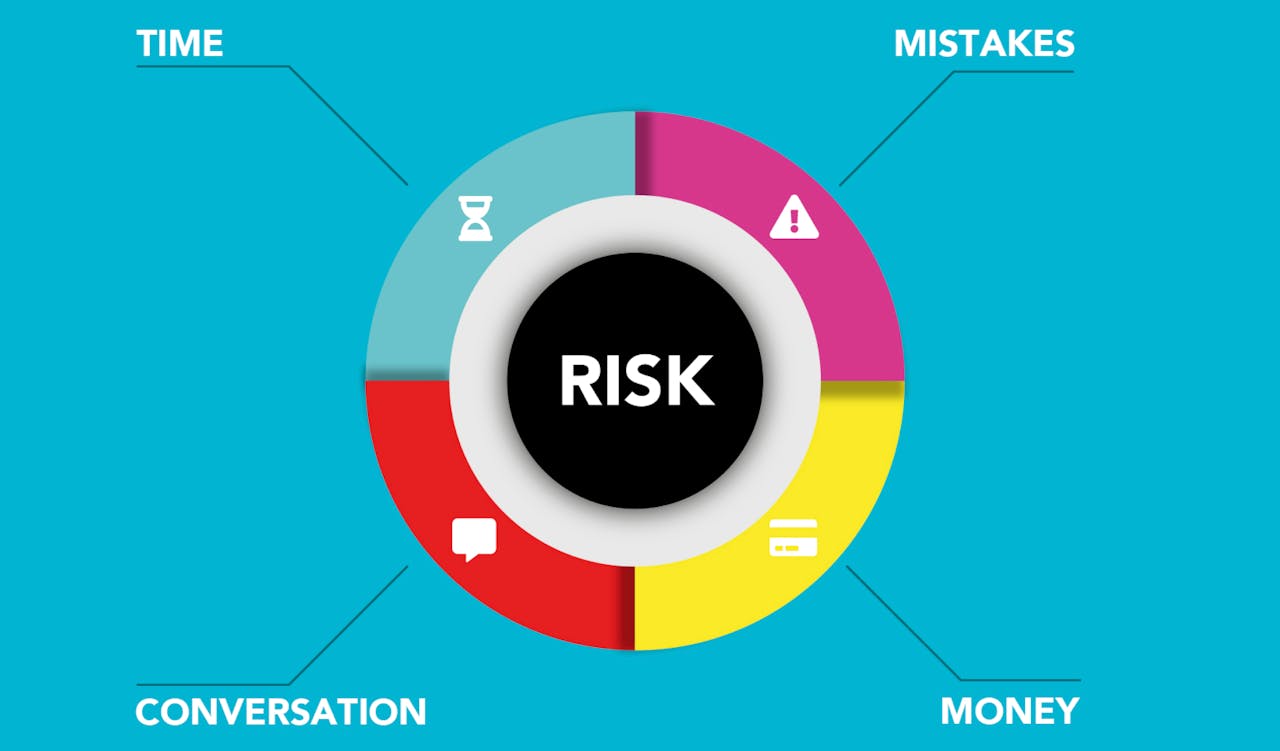Have You Also Made These Insurance Claim Mistakes?
According to a recent 2025 industry survey by the National Association of Insurance Commissioners (NAIC), about 35% of claim denials in the U.S. are due to incomplete or incorrect information. Most of the time, it’s not that the claim is invalid—it’s that people make tiny, often overlooked mistakes.
And the worst part?
You won’t even know you’ve messed up until weeks later, when your claim gets rejected.
This article dives deep into the most common traps policyholders fall into, shares real-life examples, and shows you exactly how to avoid them—whether you’re dealing with health, auto, or property insurance.
1. Submitting Claims with Incomplete or Wrong Info
This sounds basic, right? But you’d be surprised how often it happens.
A 2025 claims audit by ClearInsights Health found that nearly 1 in 3 health insurance claims had some kind of data inconsistency—wrong policy number, misspelled name, outdated provider details.
“Even one incorrect digit in your member ID can lead to delays or outright denial,”
says Amy R., a claims processor at a major U.S. insurer.
Common mistakes include:
| Mistake Type | Example | Result |
|---|---|---|
| Wrong Date of Service | Entering Jan 5 instead of Jan 15 | Rejected due to mismatch |
| Incomplete Documentation | Missing receipts or diagnosis report | Delay or denial |
| Mismatched Info | Name on claim doesn’t match policy | Claim flagged |
My Tip: Before submitting, double-check everything—even the spelling of your name and doctor’s credentials.
2. Not Understanding What’s Actually Covered
One of the most frustrating reasons for a claim denial is:
You claimed something that your plan simply doesn’t cover.
A 2025 study by U.S. News showed that 42% of policyholders don’t fully understand their own coverage.
Take this real case:
John, a freelancer in New Jersey, went ahead with an “out-of-network” dental surgery. It cost him $3,800—only to find out afterward that his plan only covered “emergency dental care” from in-network providers.
How to fix this?
Always call your insurance provider before any major procedure to confirm what’s covered. Ask for a written pre-approval if possible.
3. Missing the Claim Filing Deadline
Yes, insurance companies do have deadlines—and they can be strict about them.
Health insurers typically require claims to be filed within 90–180 days of treatment. For auto insurance, it might be as short as 48 hours after the accident.
“A great claim becomes worthless if it’s late,” warns Daniel K., a former Allstate adjuster.
Here’s a quick reference chart:
| Insurance Type | Usual Claim Window |
|---|---|
| Health Insurance | 90–180 days from service |
| Auto Insurance | 24–72 hours post-incident |
| Home Insurance | 7–30 days after event |
Tip: Set calendar reminders. The clock starts ticking the day the event happens, not when you feel ready to file.
4. Not Keeping Copies or Proof
Think of your insurance claim like a job application. Would you apply without keeping a copy? Of course not.
Still, many people send original documents and never back them up. Then, when the insurer says, “We didn’t get your form,” you’re stuck.
What should you keep?
- Claim form submission receipts (screenshots or email confirmations)
- Photos of damage (for car or property claims)
- Copies of doctor notes or medical bills
It’s a small habit that can save you weeks of hassle.
5. Skipping the Appeals Process
Here’s the thing—most people just accept a claim rejection without question.
But guess what? According to the 2025 NAIC Claims Report, over 60% of appealed claims eventually get approved, especially in health and home insurance cases.
That’s huge.
Real case:
Lisa filed a homeowners claim after a pipe burst. It got denied due to “negligence.” But she filed an appeal, submitted additional photos and a plumber’s report. After two weeks—it was approved.
So don’t just take “no” for an answer.
Appeal, and back your case with extra info or expert opinions.
FAQ: Clearing Up the Confusion
Q1: What’s the #1 reason claims get denied?
A: Incomplete information, such as missing documents or incorrect personal data.
Q2: Is it worth appealing a denied claim?
A: Yes—especially in health or property insurance. Over 60% of appeals are approved when extra info is provided.
Q3: How can I tell if my treatment is covered?
A: Contact your insurer and request pre-authorization. Don’t just rely on general plan info.
Q4: Can I submit claims online?
A: Most major insurers offer online portals or apps now. Some even offer real-time tracking of claim status.
Q5: What if I submitted a claim too late?
A: It depends on the insurer. Some may allow late claims with proper explanation—but don’t count on it. Always submit on time.
Final Thoughts
Insurance claims don’t have to feel like navigating a maze blindfolded.
The key is attention to detail, knowing your rights, and not being afraid to question decisions.
Take the time to do it right. Back yourself with facts. And remember—you paid for that coverage. You deserve to use it.
Share Your Story or Ask a Question
Ever had a claim denied for a silly reason?
Share your experience in the comments below—or drop your questions. We’re here to help.







